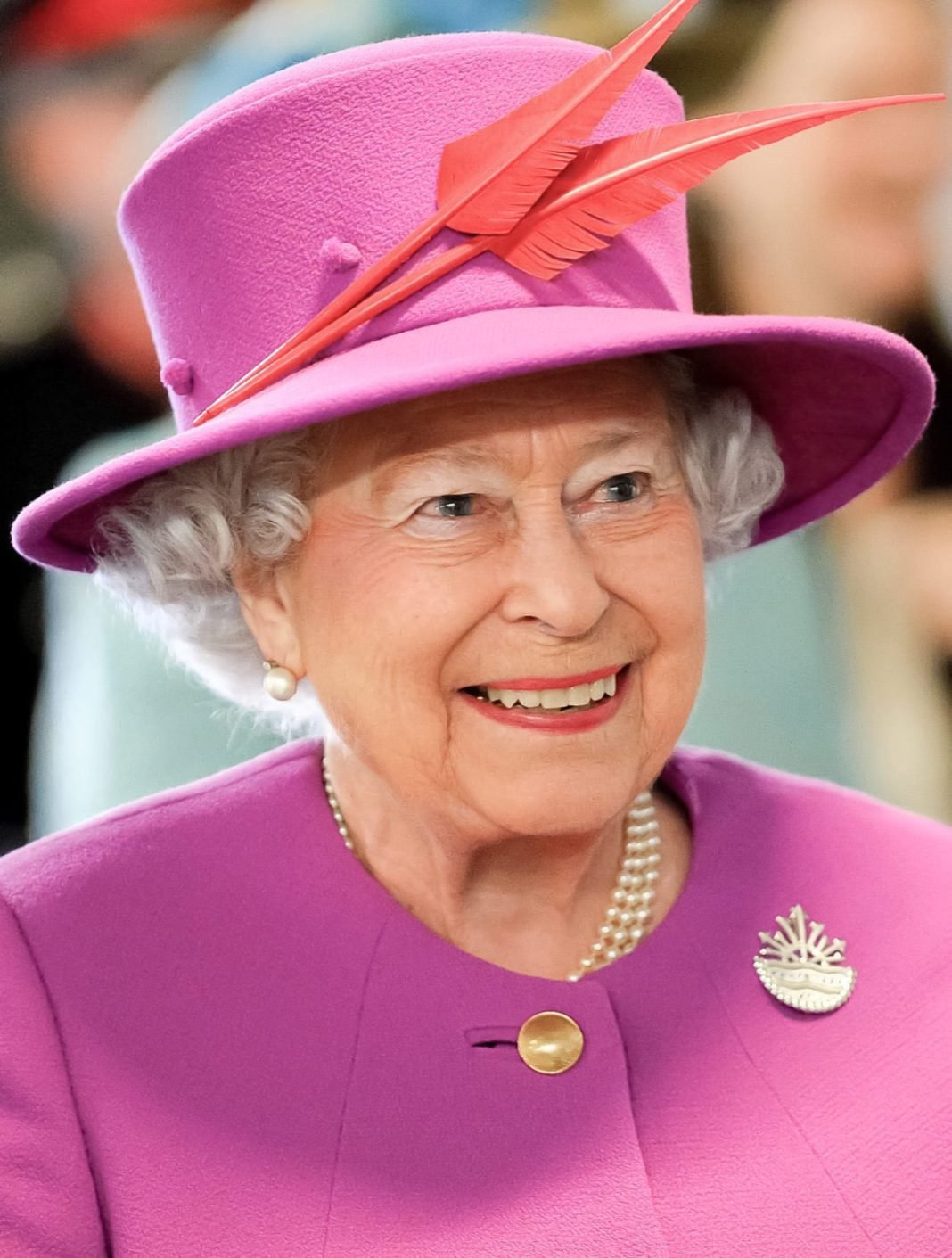Colombo, 9 September 2022 (TDI): The President of Sri Lanka, Mahinda Rajapaksa, sent his condolences on the death of Queen Elizabeth. The Queen died on September 8 at Balmoral castle.
70 years of leadership amidst the greatest global crises of the time. The World will remember the inspiration HRH #QueenElizabeth was. The one beacon of stability that shone through some of our darkest ages. The world will miss her steadfastness, charm and wit. #RIPQueenElizabeth pic.twitter.com/DW8GTVRo6m
— Mahinda Rajapaksa (@PresRajapaksa) September 9, 2022
Elizabeth spent much of this summer at Balmoral castle. King Charles III said about the death of his mother that “The death of his beloved mother, Her Majesty The Queen, is a moment of great sadness for me and all members of my family.”
A statement from His Majesty The King: pic.twitter.com/AnBiyZCher
— The Royal Family (@RoyalFamily) September 8, 2022
Queen’s reign
Queen Elizabeth ascended the throne in 1952 and witnessed enormous social change. Her reign spanned 15 Prime Ministers starting with Winston Churchill, born in 1874, and Liz Truss, born 101 years later in 1975.
She also acted as diplomat and hostess, welcoming over 110 Presidents and Prime Ministers to the UK on official visits as Head of State.
Elizabeth, as a constitutional monarch, did not weigh in on political matters, nor did she reveal her political views. When she became queen, post-war Britain still had substantial dominions and dependencies.
Elizabeth continued to travel extensively during the 1970s and 1980s. She also modernized the monarchy, dropping some of its formalities and making certain sites and treasures more accessible to the public.
Elizabeth, in August 2019, made a rare intrusion into political matters when she agreed to a request by Prime Minister Boris Johnson to suspend Parliament until October 14, less than three weeks before Britain’s planned departure from the European Union.
She celebrated her Diamond Jubilee in 2012, marking 60 years as queen. She also surpassed her great-great-grandmother, Queen Victoria, as Britain’s longest-ruling monarch, who reigned for 63 years.
The Queen of the UK celebrated her Sapphire jubilee in 2017 and the nation celebrated her Platinum jubilee this year. Moreover, she is the first British Monarch to celebrate her Platinum jubilee.
The Queen also had strong links to Naval ships, army regiments, and air squadrons both in the UK and throughout all her realms.






